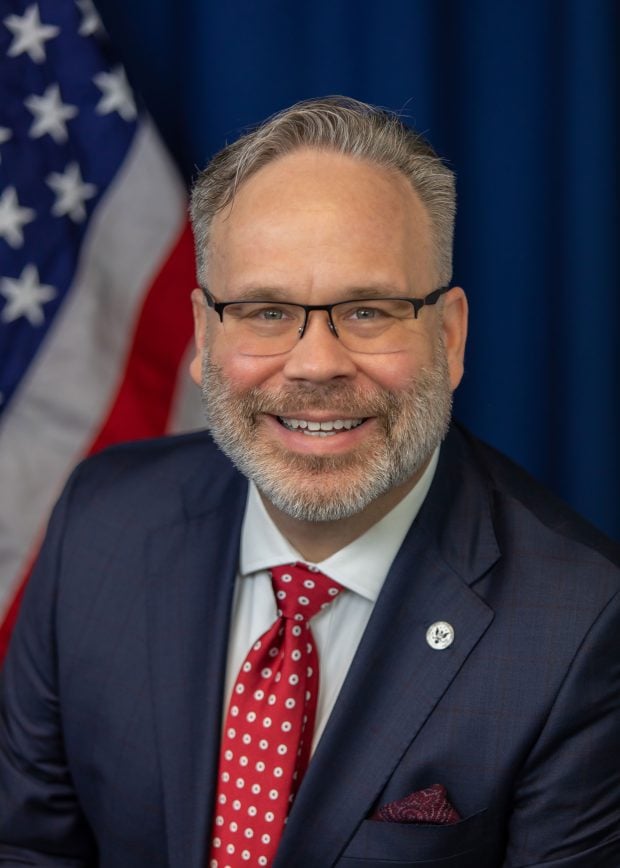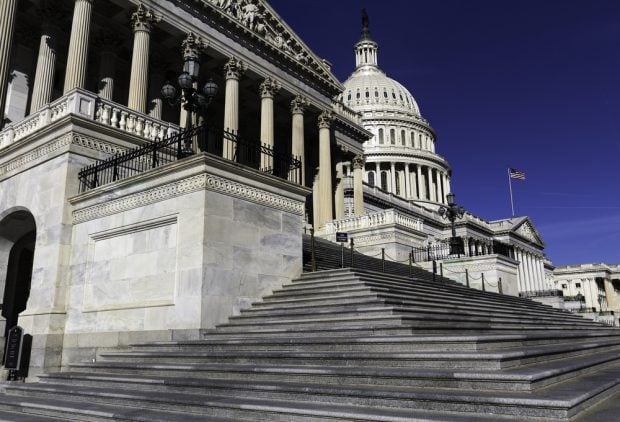Predicting how Republican President-elect Donald Trump will govern on a range of issues from transportation to taxation can seem an unavailing exercise in speculation.
Yet despite still-vague policy positions, how a Trump administration would handle privacy and cybersecurity matters is one area that can be better deciphered than most, especially given how Trump has campaigned in the 2016 election and the advisors with which he surrounds himself.
Since Trump positioned himself as the "law and order" candidate during the election, and admitted in December 2015 that the United States would "err on the side of security" once in office, for example, most experts expect him to take a hawkish stance on matters affecting law enforcement and national security.
Complete your profile to continue reading and get FREE access to CUTimes.com, part of your ALM digital membership.
Your access to unlimited CUTimes.com content isn’t changing.
Once you are an ALM digital member, you’ll receive:
- Critical CUTimes.com information including comprehensive product and service provider listings via the Marketplace Directory, CU Careers, resources from industry leaders, webcasts, and breaking news, analysis and more with our informative Newsletters.
- Exclusive discounts on ALM and CU Times events.
- Access to other award-winning ALM websites including Law.com and GlobeSt.com.
Already have an account? Sign In
© 2024 ALM Global, LLC, All Rights Reserved. Request academic re-use from www.copyright.com. All other uses, submit a request to [email protected]. For more information visit Asset & Logo Licensing.









